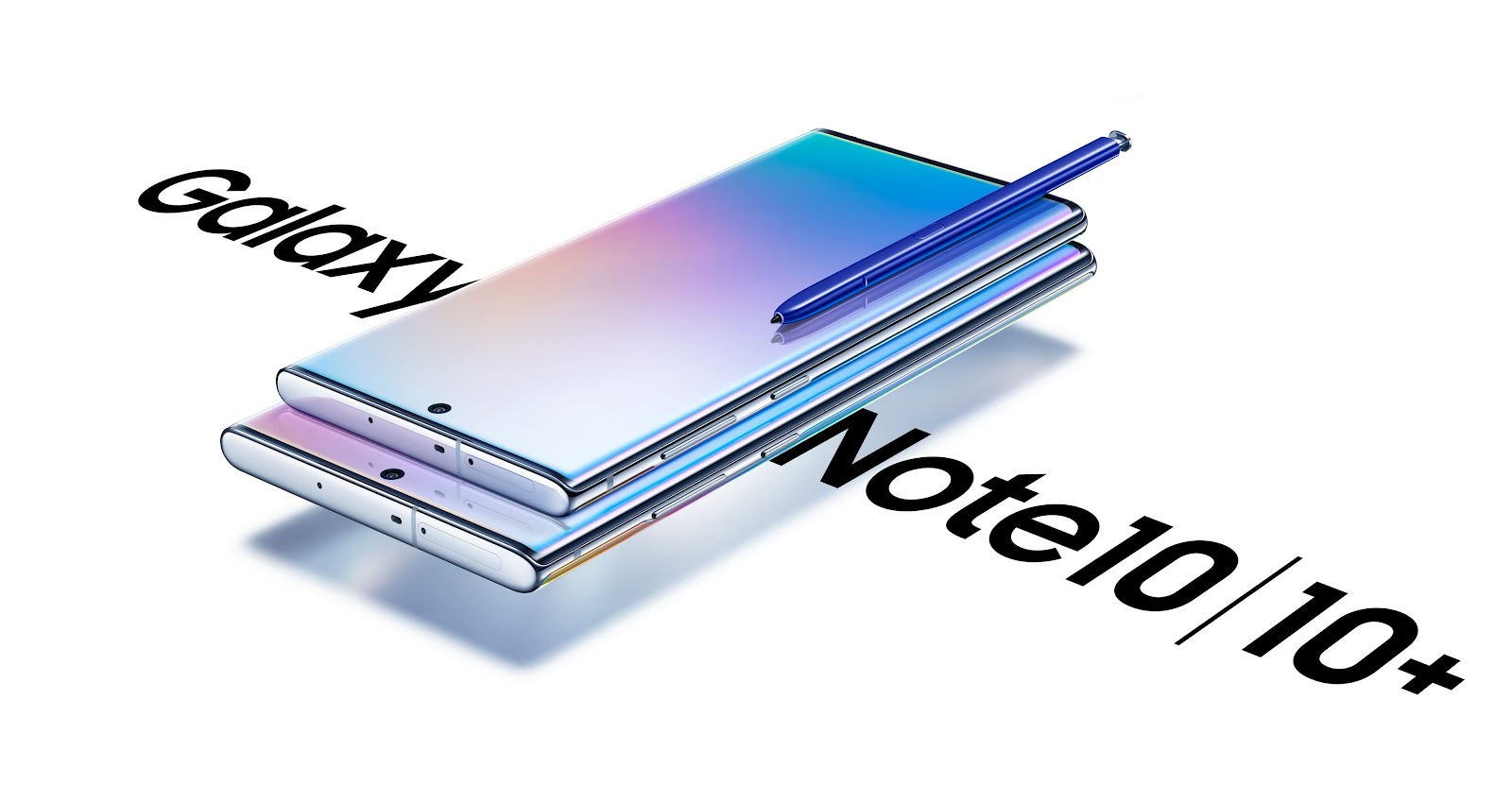Exploring the Key Differences Between Samsung Galaxy S24 and Galaxy
S23
Samsung Unveils Its Latest Flagship: Galaxy S24
Last week, Samsung unveiled its latest flagship phones, the Galaxy S24
series. After revealing the complete specifications of these new devices, many
enthusiasts have been eagerly comparing them to their predecessors,
specifically the Galaxy S23. In this article, we delve into the notable
differences between the two models.
Design Evolution
Samsung has refined certain aspects of the design in the new Galaxy S24
compared to the Galaxy S23. Notably, the S24 features flat edges, giving it a
resemblance to modern iPhones. Both phones boast aluminum frames, but the S24's
frame is made of a more durable Armor-type aluminum compared to the S23's
frame.
The rear side and arrangement of rear cameras remain unchanged for both
models. Additionally, both phones maintain water and dust resistance according
to the IP68 standard, with a USB-C charging port at the bottom.
Regarding color options, the Galaxy S24 offers a variety, including Onyx
Black, Marble Grey, Cobalt Violet, Amber Yellow, and three exclusive colors
available only on Samsung's online store: Sandstone Orange, Sapphire Blue, and
Jade Green. In contrast, the S23 is available in four colors: White, Black,
Green, and Purple.
Display Excellence
The Galaxy S24 boasts a 6.2-inch screen, slightly larger than the
6.1-inch screen on the S23. Both screens share the same resolution of 1080 x
2340 pixels, but the S24's display stands out with a maximum brightness of 2600
nits per square meter, compared to the S23's 1750 nits. This makes the S24 more
user-friendly outdoors, even in direct sunlight.
The S24's display supports an adaptive refresh rate ranging from 1 to
120 Hz, providing a smoother experience. In contrast, the S23's refresh rate
fluctuates between 48 and 120 Hz, making the newer model more energy-efficient.
Performance and Processor Insights
In the United States and Canada, the Galaxy S24 is powered by the
Qualcomm Snapdragon 8 Gen 3 processor, an octa-core chip manufactured using
4-nanometer technology. The global version runs on the Samsung Exynos 2400
processor with ten cores, also manufactured using 4-nanometer technology. The
Galaxy S23, on the other hand, features the Qualcomm Snapdragon 8 Gen 2
processor, an octa-core chip also manufactured using 4-nanometer technology.
Qualcomm processors generally outperform Samsung processors by
approximately a year. The new Snapdragon 8 Gen 3 in the S24 is faster and more
efficient than the processor in the previous S23 model.
The Galaxy S24 introduces AI-powered features that enhance various
tasks, such as direct call translation and the new Chat Assist feature for
message writing and translation. Additionally, Transcript Assist aids in
transcribing and translating voice memos.
Software and User Interface
The Galaxy S24 runs on Samsung's One UI 6.1, while the Galaxy S23
operates on Android 13, with an upgrade option to Android 14 based on One UI
6.1. Samsung commits to providing Android and security updates for the Galaxy
S24, while the S23 will receive four operating system updates.
The S24 offers two RAM options: 8GB or 12GB, while the S23 has asingle
8GB option. Both phones provide three internal storage options: 128GB, 256GB,
or 512GB.
Camera Capabilities
The main camera specifications for both Galaxy S24 and S23 remain
identical:
- Wide: 50MP, f/1.8 aperture.
- Telephoto: 10MP, f/2.4 aperture.
- Ultrawide: 12MP, f/2.2 aperture.
- Additional 12MP camera with f/2.2 aperture.
The notable difference lies in the image processing, thanks to the
Galaxy AI assistant. The S24 produces images with more natural and less
saturated colors compared to previous Galaxy cameras.
Battery and Charging
The Galaxy S24 is equipped with a battery capacity of [insert capacity]
mAh, an improvement over the [insert capacity] mAh battery in the S23.
Frequently Asked Questions
Q1: What are the key design differences between the Galaxy S24 and S23?
A1: The Galaxy S24 features flat edges and a more durable aluminum
frame, giving it a design reminiscent of modern iPhones. The S23 maintains a
different frame type and design.
Q2: How does the display of the Galaxy S24 differ from the S23?
A2: The Galaxy S24 has a slightly larger 6.2-inch display with a higher
maximum brightness, making it more suitable for outdoor use compared to the
6.1-inch display on the S23.
Q3: Are there any significant improvements in camera capabilities between the Galaxy S24 and S23?
A3: While the main camera specifications remain the same, the Galaxy S24
introduces AI enhancements that result in images with more natural and less
saturated colors compared to the S23.
Explore the detailed differences between Samsung Galaxy S24 and Galaxy S23, covering design, display, performance, camera capabilities, and more. Stay informed before making your next smartphone upgrade decision.


